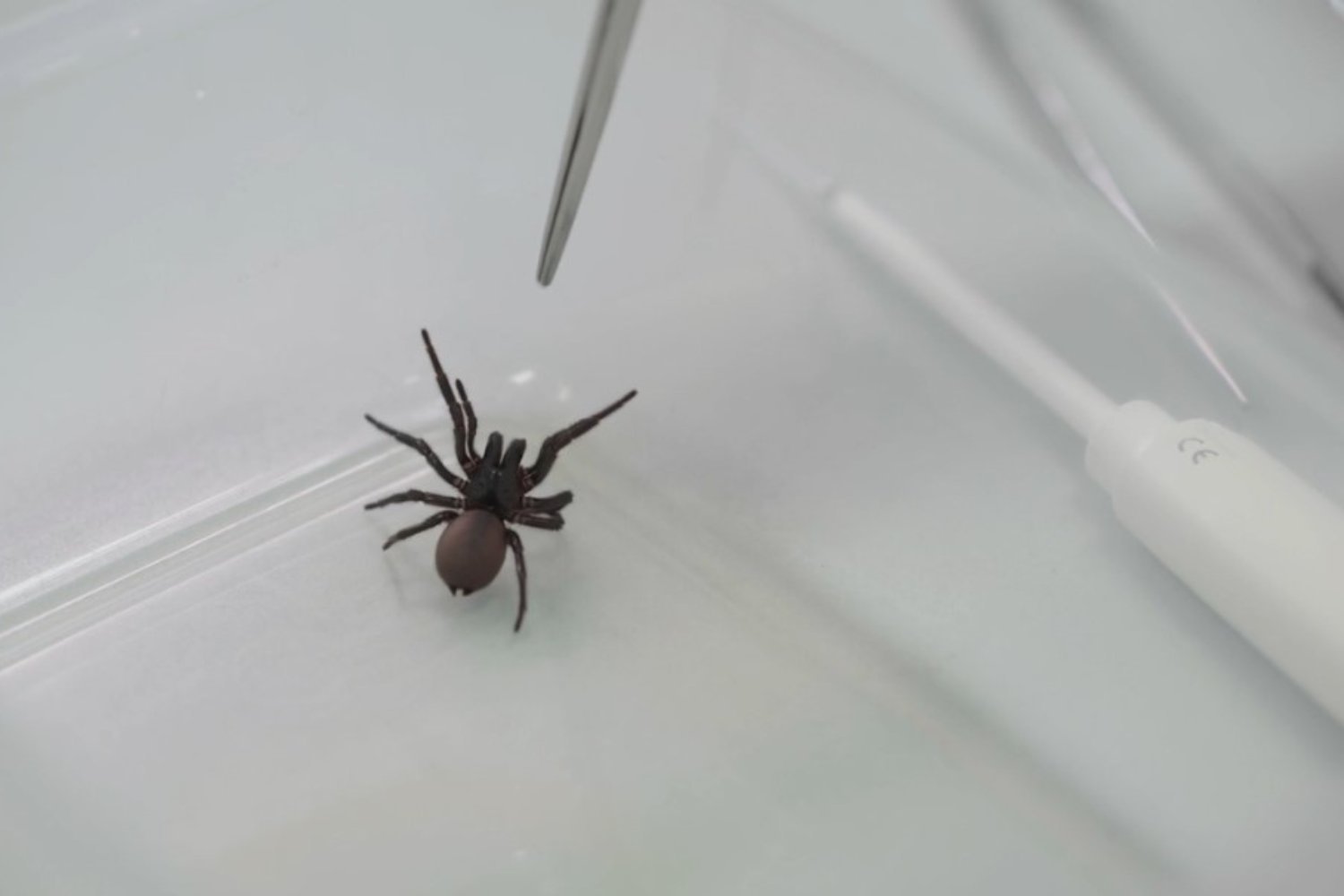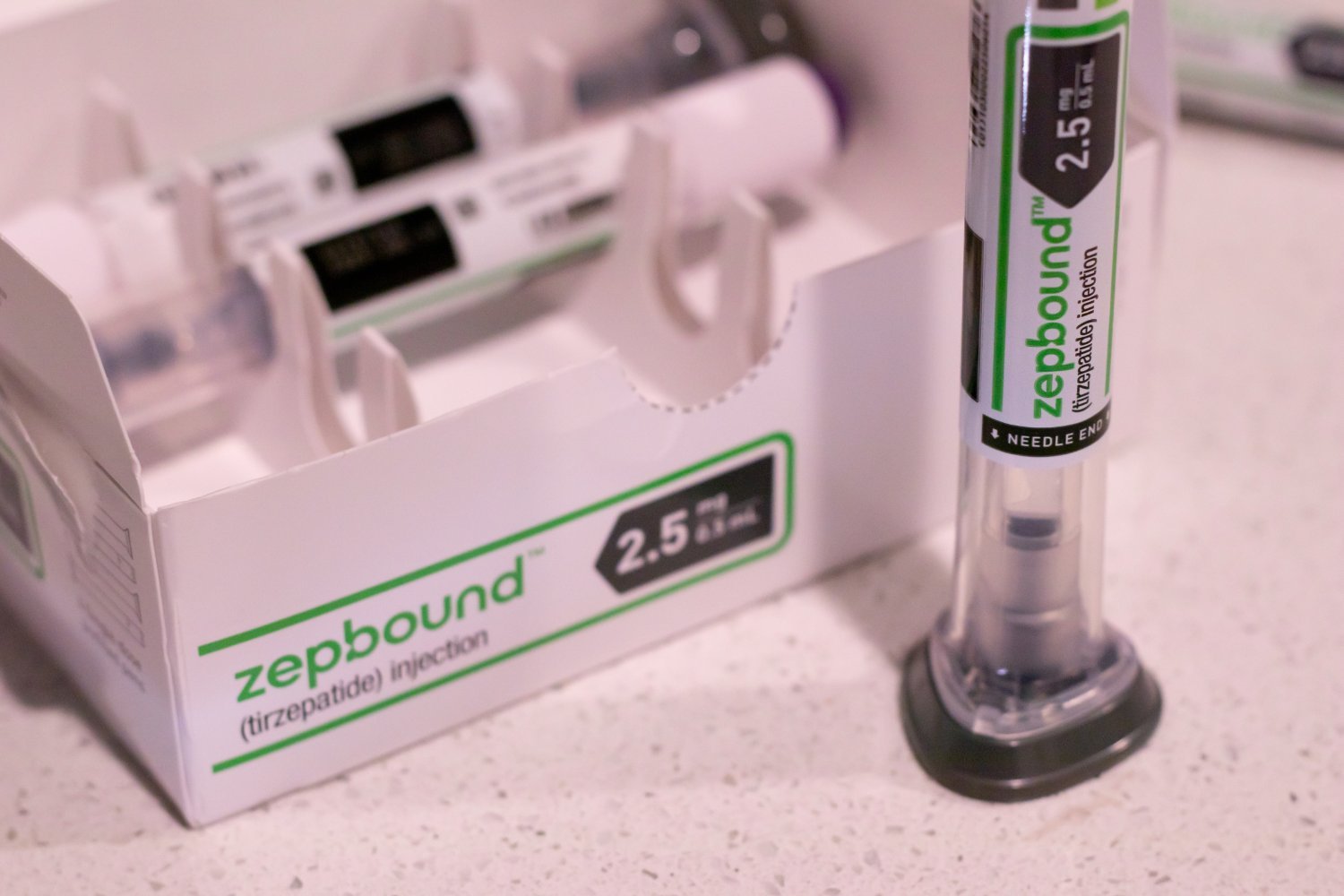The sweet allure of Halloween candy is a seasonal delight. But recent research suggests that minimizing sugar intake, particularly in our earliest years, can have profound long-term health benefits, such as significantly reducing the risk of type 2 diabetes and hypertension later in life.
While the detrimental effects of excessive added sugar on metabolic health are well-documented, a new study published in Science explores the long-term impact of early-life sugar exposure, including prenatal and breastfeeding periods. Tadeja Gracner, a scientist and economist at the University of Southern California and the RAND Corporation, highlighted the challenge of finding real-world scenarios with varying nutritional environments to study these long-term effects.
This study leveraged a unique historical circumstance: sugar rationing in the UK during World War II. This rationing, which lasted roughly a decade and ended in 1953, created a natural experiment by limiting sugar consumption for the general population, including pregnant and breastfeeding mothers and their children. Following the end of rationing, sugar consumption in the UK nearly doubled.
Gracner and her team analyzed data from the UK Biobank, comparing the health outcomes of individuals conceived before and after the rationing era. Importantly, the rationing period didn’t represent extreme food deprivation but rather adhered to modern nutritional guidelines.
The study revealed that individuals born during rationing had significantly lower rates of type 2 diabetes and high blood pressure compared to those born immediately after. Furthermore, the onset of these conditions was delayed in the rationing group. The researchers estimated that early-life sugar rationing reduced the risk of hypertension by 20% and diabetes by 35%, delaying their onset by two and four years, respectively.
One-third of the risk reduction was attributed to reduced sugar exposure in the womb. The protective benefits were most pronounced when limited sugar exposure continued past six months of age, coinciding with the introduction of solid foods. This suggests that restricting sugar during these critical periods may offer the greatest health advantages.
However, reducing sugar intake, especially for young children, is challenging in today’s environment. Added sugar is pervasive, even in baby and toddler foods, and children are constantly exposed to marketing for sugary snacks, making adherence to recommended sugar guidelines difficult.
While educating families about the importance of limiting sugar intake during formative years is crucial, the researchers advocate for broader action. This includes holding companies accountable for reformulating baby foods with healthier alternatives and regulating the marketing and pricing of junk food aimed at children.
Gracner emphasizes that moderation is key. Occasional treats like birthday cake or holiday cookies are still acceptable. The focus is on reducing overall added sugar consumption, particularly during early childhood, to promote long-term health benefits.











